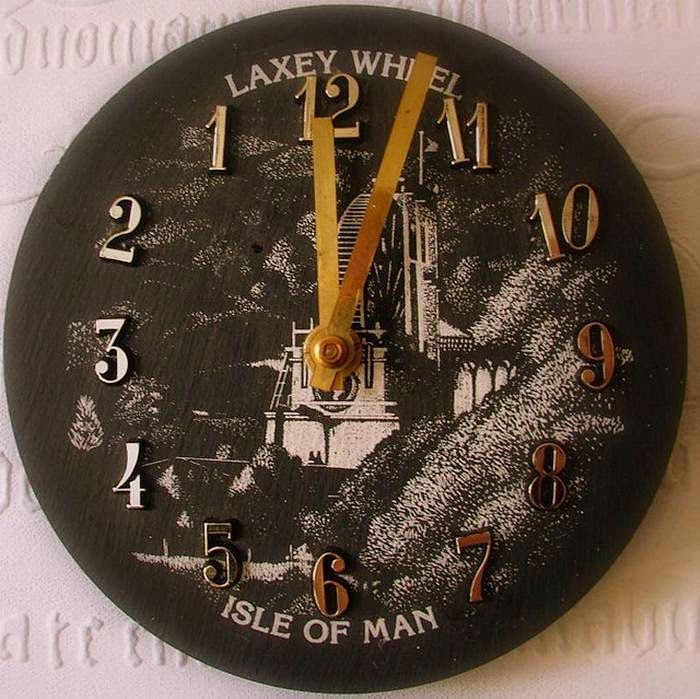Monday, 7 October 2013
Thursday, 3 October 2013
Solar Power
The Seville's Solar Power Tower — Spain
The PS10 Solar Power
Plant is the world's first commercial concentrating solar power tower
operating near Seville, in Andalusia, Spain. The 11 megawatt (MW) solar
power tower produces electricity with 624 large movable mirrors called
heliostats. It took four years to build and so far cost €35 million
(US$46 million). PS10 produces about 23,400 megawatt-hours (MW·h) per
year, for which it receives €271 (US$360) per MW·h under its power
purchase agreement, equating to a revenue of €6.3 million per year.
Photo — Link
The mirrors were delivered by Abengoa, the solar receiver was designed
and built by Tecnical-Tecnicas Reunidas, a Spanish engineering company;
and the Solar Tower was designed and built by ALTAC, another Spanish
engineering and construction company. Each of the mirrors has a surface
measuring 120 m² (1,292 square feet) that concentrates the sun's rays to
the top of a 115 meter (377 ft) high, 40-story tower where a solar
receiver and a steam turbine are located. The turbine drives a
generator, producing electricity. The PS10 is located 20 km west of
Seville (which receives at least nine hours of sunshine 320 days per
year, with 15 hours per day in mid summer). The solar receiver at the
top of the tower produces saturated steam at 275 °C. The energy
conversion efficiency is approximately 17%.
Photo — Link
Photo — Link
Photo — Link
Photo — Link
Photo — Link
Photo — Link
Photo — Link
Photo — Link
Photo — Link

The worlds largest water wheel, Laxey
The worlds largest water wheel, Laxey
The Laxey Wheel (also known as Lady Isabella) is a large waterwheel
built in the village of Laxey in the Isle of Man. Designed by Robert
Casement, it has a 72-foot-6-inch (22.1 m) diameter, is 6 feet (1.83 m)
wide and revolves at approximately three revolutions per minute. It was
built in 1854 to pump water from the mineshafts and named "Lady
Isabella" after the wife of Lieutenant Governor Charles Hope who was the
island's governor at that time. The Laxey Wheel is the largest working
waterwheel in the world. The wheel was used to pump water from the Glen
Mooar part of the ‘Great Laxey Mines’ industrial complex.
 |
| The Laxey Wheel — World's Largest Working Waterwheel. Photo — Link |
The 150th anniversary of the Lady Isabella was celebrated by the people
of Laxey with a grand Fayre on Saturday 24 September 2004. It is
currently maintained by Manx National Heritage as part of the Great
Laxey Wheel & Mines Trail. The Wheel features today on the reverse
side of the £20 notes issued by the Isle of Man Government.
Photo — Link
The wheel is water-powered since the Isle of Man does not have a supply of coal but does have an abundance of water.
Water from the surrounding area, including the local river, is collected
in a cistern which is above the level of the top of the wheel. A closed
pipe connects the cistern to the top of the wheel; thus the water flows
up the tower without problem. The water falls from the pipe into the
buckets (formed from wooden slats on the circumference) and makes the
wheel rotate in what is described as the 'reverse' direction. The crank
has a throw of 4 feet (1.22 m) and connects to a counterweight and to a
very long rod. This rod runs along the rod viaduct to the pumping shaft
where the 8 feet (2.44 m) stroke is converted by T-rockers into a
pumping action.
Most of the wheel and rod is made of wood; however, key mechanical parts
are metal to provide tension and bearing surfaces. The rod has attached
wheels at intervals to permit the stroke's motion with minimal
friction.
Photo — Link
Dimensions
- Diameter, 72 ft 6in.
- Circumference, 210 ft 6in.
- Width, 6 ft.
- Delivery, 250 imperial gallons (1,100 l) of water a minute from the Laxey mines some 200 yards (180 m) away and 1,500 feet (460 m) below ground.
Photo — Link
Photo — Link
Photo — Link
Photo — Link
Photo — Link
Photo — Link
Photo — Link
Photo — Link
Photo — Link
Photo — Link
Photo — Link
Photo — Link
Photo — Link
Photo — Link
Photo — Link
Photo — Link
Subscribe to:
Posts (Atom)





































